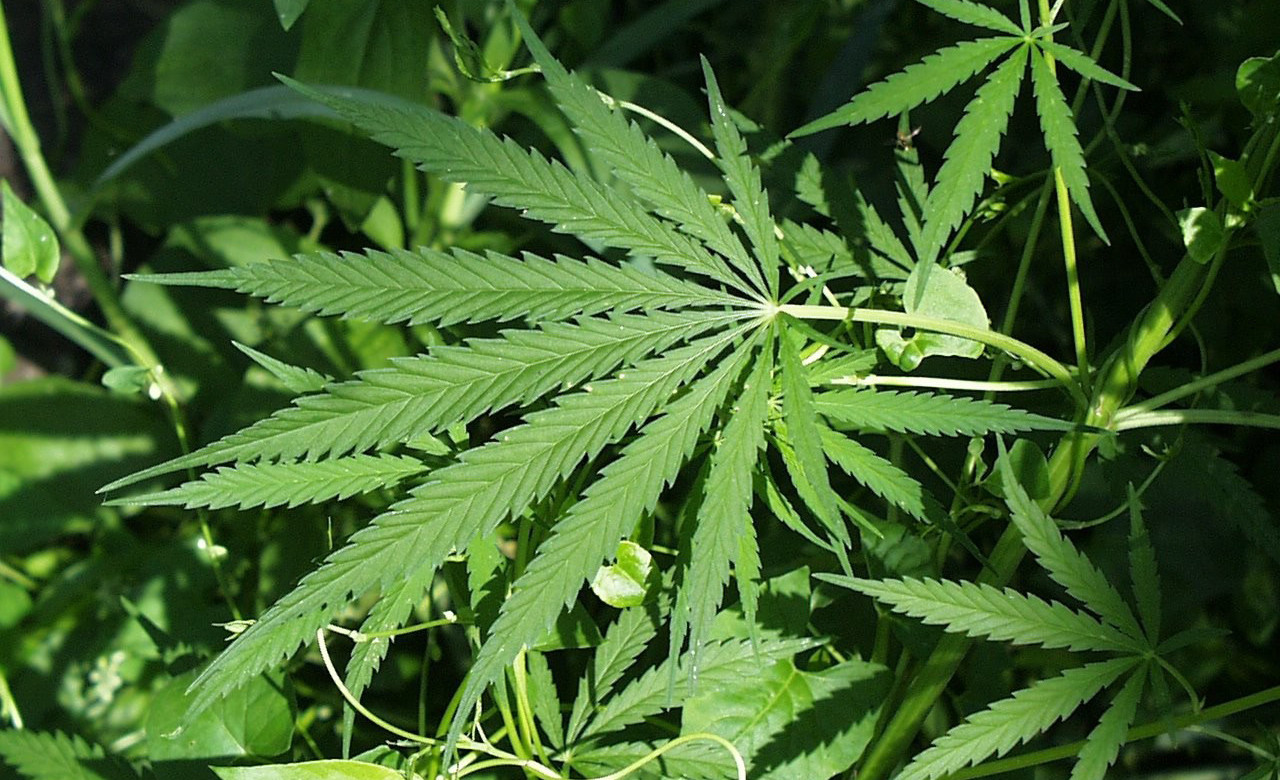Last year, I wrote about Uruguay’s ambitious project to fully legalize and regulate its domestic marihuana industry (also, here’s at BPR Media’s video on the issue). Now, almost five months after the pot legalization law passed by a slim majority through both houses of the legislature, Uruguayans are experiencing the change and challenges that go along with being the first country in the world to completely sanction weed consumption.

Interest in this Uruguayan experiment has peaked across the world, with legalization activists and critics commenting profusely on how the law will affect the region as a whole. Recently, Vice Magazine sent a video crew to the small Latin American country to document Uruguayans’ reactions to the law, which will take full effect this fall.
As is to be expected from Vice’s anti-establishment bent, the documentary (embedded below) does little to hide its bias. Vice’s correspondent, Krishna Andavolu, goes around the country and predictably interviews different pot-smoker stereotypes – the old retired couple, the youthful partiers, the hippie commune – on their take on the law and what its effects will be, chatting up the affected parties while casually sharing J’s with them. He ends up smoking a blunt while sitting next to a slightly bemused President José “Pepe” Mujica.
While Vice’s “immersionist” coverage can come off as a tad unprofessional and partial, it does present some interesting and important questions regarding the reality of the Uruguayan drug trade and how the law will change things at the street level for those Uruguayans who already partake. It does a good job at disaggregating the different parts of the soon-to-be-applied law and revealing that, for the hundreds of thousands of Uruguayan pot smokers, “the devil is in the details.”
The known details of the law are the following: individuals can grow up to six plans for personal consumption, create “clubs” through which several people can grow up to 99 plants for personal consumption, or buy their weed – up to a set amount per month – at government-supplied pharmacies. In an effort to undercut the black market, these dispensaries will sell at the fixed rate of $1 per gram. All weed growers and consumers will have to sign on to a national registry in order to own plants or purchase bud from the government.
If you think it sounds odd that people will purchase weed from the government, you’re not alone. Vocal critics from both the legalization and restriction camps worry about the possible abuses that could come from a central registry of all of Uruguay’s pot-smokers. The rather arbitrary caps on personal production and consumption further bring into question the logic behind the bill. Mujica explains the limits in terms of “reasonable consumption,” and states that those who would want more than the stipulated amount have an addiction problem that must be addressed as a public health issue. Despite his youthful leanings and reputation for pragmatic policymaking, the president sounds like a lot like paternalistic grandpa here. It may just be Vice’s spin on the issue, but the interviews seem to show that some of the law’s details are derived from shaky moral arguments and attempts to appease the anti-legalization rightists. the interviews seem to show that some of the law’s details are derived from shaky moral arguments and attempts to appease the anti-legalization rightists.
Apart from being based on faulty (and even factually incorrect) logic about the nature of weed and the nation’s pot-smoking culture, the law also does little to eliminate the stigma attached to the herb. The president still talks about the issue as more of a necessary evil rather than an advance towards sensible drug policy. Understandably, some users (particularly those with memories of dictatorship) feel very uneasy about the registration process, not knowing what its effects could be in the long term. What if being registered starts affecting employers’ decisions? What are the risks of publicly signing on as a pot smoker in a country where 64 percent of citizens opposed legalization? And if the conservatives come to power and repeal the law – what could happen to the people on the list?
Beyond all these speculative concerns, there’s the very real issue of enforcement. Under the current framework, the government will not receive substantial revenue through the newly legalized market but will somehow have to develop the capability to check for excess plants in private homes. Foreigners are prohibited from buying weed, but what is to stop benevolent Uruguayans from buying or growing some bud for the curious tourist? Will legal Uruguayan pot – meant to be of much higher quality than illicit crops from around the region – become a prime illegal export across the Southern Cone? In light of the costs of implementing the law, its peculiar logic seems even shakier.
The foundations of the first fully legal marihuana market may not be as strong as some had hoped but, as President Mujica points out, his country is going down a path that no one has dared trek before. The law may not be perfect, but it allows for greater deliberation and perhaps greater progress in the future. Its worth will be measured by how effectively it curbs the negative externalities of the illegal drug trade. Much of the stigma against pot comes from its association with other illegal products or activities. Until now, those supplying the drug also exposed their customers to far more dangerous substances, while using the revenue to fund arms and human smuggling operations. If the new law manages to steal the pot market from transnational crime rings, perhaps the country and its celebrated leader will be able to move beyond a paternalistic mindset and see the possibilities of economic growth and social inclusion that could come from dissolving the cultural stigma against marihuana and regulating it as just another consumer commodity.
